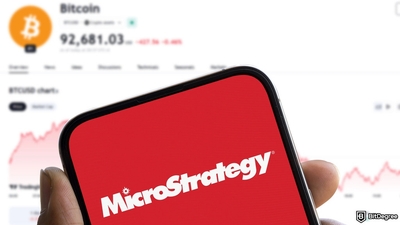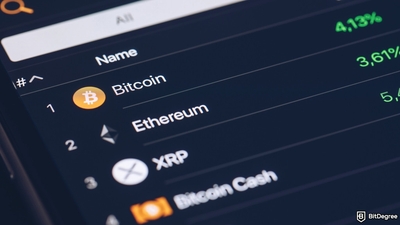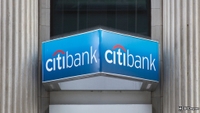Free Airdrop Season 7 is LIVE! Answer fun questions or do simple tasks to earn rewards from the $30K BitDegree prize pool. Participate Now ! 🔥
Deutsche Bank Seeks Regulatory Approval for Digital Asset Custody in Germany
The German banking giant is looking to become a digital asset custody provider.
Deutsche Bank, the largest financial institution in Germany, has initiated steps toward expanding its footprint in the crypto space.
According to the Bloomberg report shared on June 20th, the German banking giant has filed for a digital asset custody license with the Federal Financial Supervisory Authority (BaFin).

Did you know?
Subscribe - We publish new crypto explainer videos every week!
What is a Bitcoin & How Does it work? (Animated Explainer)


Based on the report, the filing is Deutsche Bank's attempt to diversify its revenue channels. This strategic move is a significant progression from the bank's investment wing, DWS Group. They've already displayed interest in the domain of digital asset custody services.
Offering clarity on June 20th, the head of Deutsche Bank’s commercial banking unit, David Lynne, confirmed that the institution applied for a license to BaFin. As per Bloomberg, Lynne also added that the bank is in the process of establishing its "digital assets and custody business."
The DWS Group expressed a keen intent to infuse capital into two German crypto enterprises, suggesting the organization's growing inclination toward the crypto world. The companies engaged in talks with DWS Group encompassed Deutsche Digital Assets, an enterprise offering crypto exchange-traded products, and Tradias, a market maker.
Back in 2020, Deutsche Bank's corporate banking division announced plans to introduce digital asset-centric services. However, it left the market guessing about the timeline for the rollout of such services.
The bank's movement toward crypto services underscores the accelerating acceptance of digital assets within the traditional banking sector. As Deutsche Bank takes strides to align with this trend, it points to a potential shift in the financial landscape, opening doors for more mainstream financial institutions to embrace digital assets.
In other news, at the beginning of June, German telecommunications provider Deutsche Telekom jumped into blockchain technology, becoming a validator for the Ethereum Layer-2 scaling platform, Polygon.























